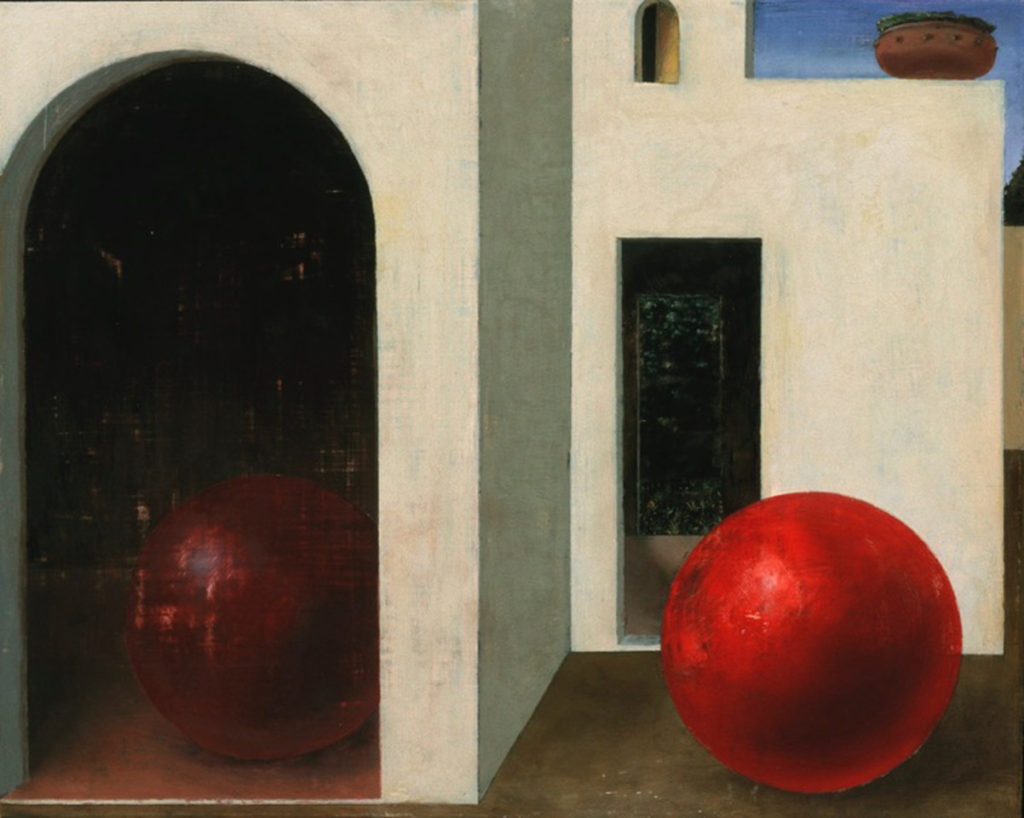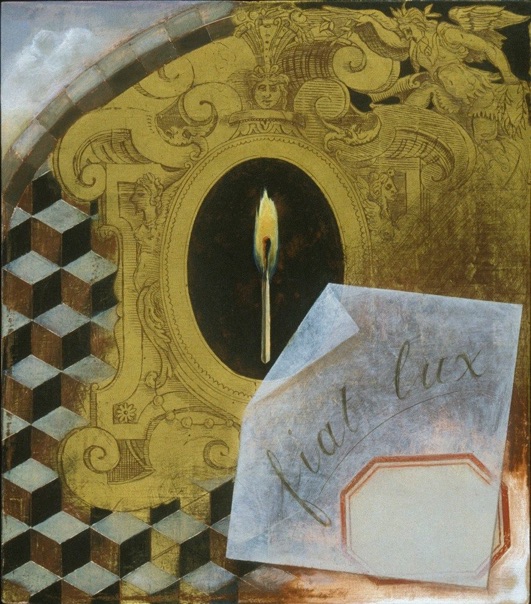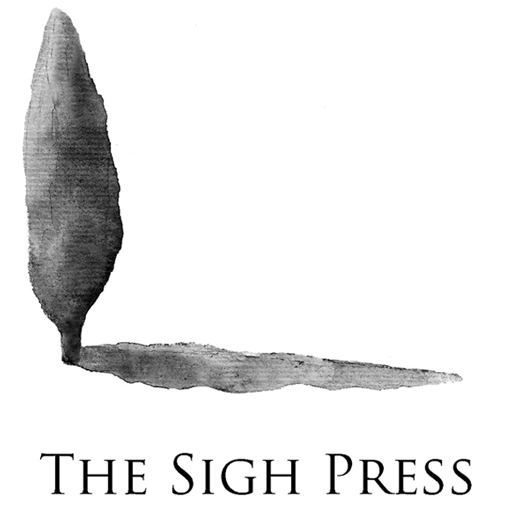
Notes from The Sigh Press Editors
Mundy Walsh & Lyall Harris
We hope you’ve had a chance to read our Ampersand 8 interview with poet Alicia Ostriker, who contributes work to this issue, including poems published for the first time on these pages. Ostriker’s latest book, Waiting for the Light, inspired our issue theme of “the everyday.” Emerging writer Poppy McLean brought uncommon imagination to the theme with the invention of “En,” the central character in her short piece of fiction, and the dazzling paintings of Anne Connell bring together narrative fragments in exquisite, luxurious— and Renaissance—detail. Remember pen-pals? You might go looking for one after reading Pen to Paper in our Cultural Commentary section.
Our next Ampersand interview will appear in May 2018. We will be hearing from Jessie Chaffee whose debut novel Florence in Ecstasy was published last year by The Unnamed Press.
Please visit Submissions for our Summer Issue theme and deadline and our Facebook page where we post at least three times a week.
Read about the contributors of this issue here and see the PDF version of this issue at The Journal.
Subscribe to our newsletter, where you’ll receive the latest issues, Ampersand interviews and news:
Contents
*
, –
!
´
?
*
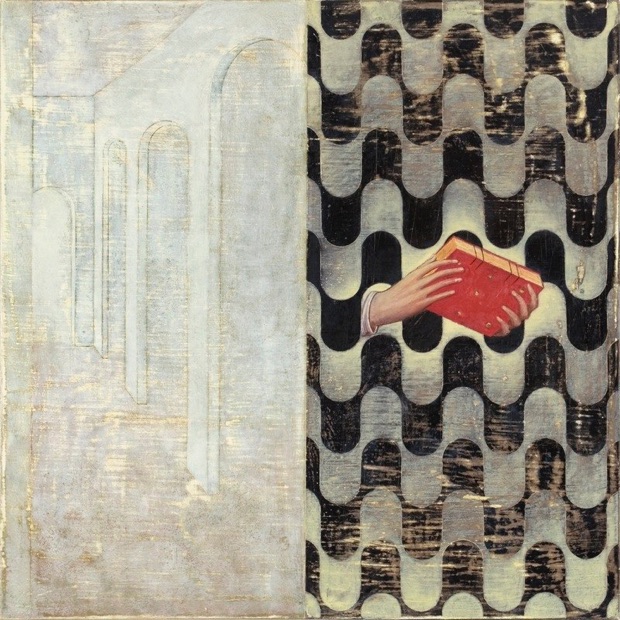
Incunabulum
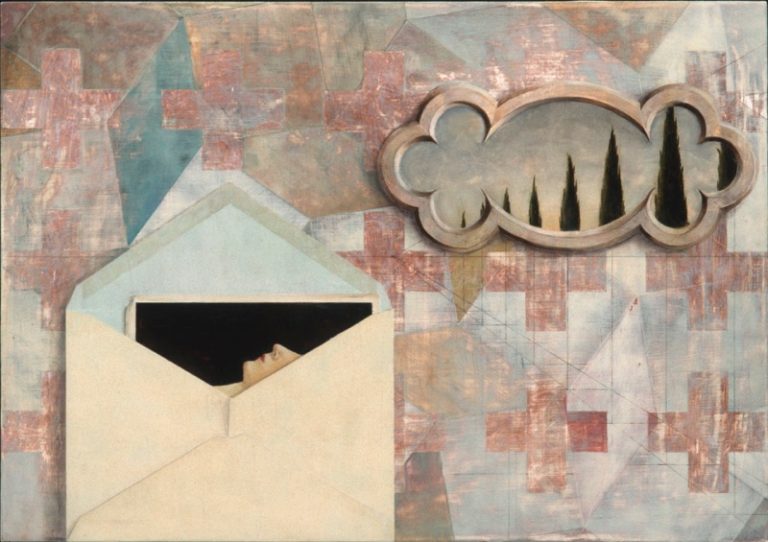
A Young Lady of Fashion
,
ARS POETICA: BREATHE IN, BREATHE OUT
For my students
ALICIA OSTRIKER
What you fear to say
turns to poison in your body
it will kill you
one way or another
so breathe in reality breathe out truth
if you can—if you can manage to find words
PERSISTING
Now I can say
reading the old poems yes, this is myself
I taught myself to write
But to crave and not to crave an artist’s immortality
to be and not to be
who will teach me that
A PRISONER
The chickadee inside my
chest, next to my heart,
imprisoned, but chirping
and I, mostly not listening—
chickadee, forgive me.
Please don’t stop.
The Secret Double
THE QUESTION OF FORM
Builders having a lunch break
Fifth of May
sitting outside in the sun
not thinking about
the question of form
building goes up from
hole in ground big crane
steel girders, poured concrete,
elevator shafts, sheer glass walls, yah
finish your sandwich
THE LAPTOP ALSO IS DYING
Born in the last decade of the last,
I mean previous, century,
It took me awhile to recognize
That she was ready to die.
First she became unable to remember where
things were, then every gesture and motion slowed
And sometimes halted and had to be restarted
while a strange rainbow wheel endlessly whirled on the screen
like something ecstatic bursting out of Ezekiel
that might be wordless laughter or a scream.
The long interval between my thought and her response
Inevitably disturbed me. I understood
It was a message
about life, about the world
and about how everything winds down
and we cannot help grieving,
but what a couple, what a pair we were,
brimming with energy back then we flew
intermingled and interchanged our ghosts
our ancestors like shadows while we flew
and she was also a he or no gender at all, like a cloud, like dust,
back then, back then when I had something to say.
[Alternate last couplet:]
and she was also a he or no gender at all, like a cloud, like day
itself, back then, when I thought I had something to say.
*
Fiat Lux 2
!
EVERYDAY
POPPY MCLEAN
En was not in the habit of counting. Numbers, analyses, classification – none of these really had a place in his make-up. This isn’t to say he wasn’t acutely aware that, for example, each of the twolegs for whom he was responsible took and surrendered breath on average twenty-three thousand and forty times every circling of the sun. He just knew how that felt, rather than how it looked.
This is because En was an Ankhou. More specifically, the Ankhou born with and for a small town in northern Tuscany. Essentially, he was a watchman. Nobody knows quite what it is that the Ankhou are watching for, and frankly they are unlikely ever to ask, but there remains a general confidence that they will know when they see it.
The essence of the Ankhou is rhythm. So it is natural that En met every day with the same order. He would begin in the central marketplace, at sunrise, because the city was a natural composer, and as such insisted on beginning from silence. He would then drift, dancingly, between the predictable piles of leftover wrappers and polystyrene cups which punctuated the cobbled ground, often still shining from the rain the night before, and feel at home. Next, he would allow warm awakenings in the surrounding streets to soften the edges of his consciousness, thawed here and there by the woozy aches and wishes of a hundred morning souls like butter melting in a pan.
Some artery of experience in his invisible heart was left aglow by each individual’s familiar behaviour. A grizzled old twoleg known in some circles as Antonio, condemned to embark on sunrise garbage duty with the help of his age-sludged van-ette, scratched his nether regions and blearily took in his surroundings, encountering once again without comment the question of whether Maria would really have been happy here. Two homes along, a muffled torchlight winked early in the room of the eldest Marino child, who wanted time to spend with his books before his parents woke up, and he had to configure an answer about why he preferred to spend so much time with his head in the ravings of some long-dead prophet rather than with his own family. Giorgio Pazzini, the town’s beloved whiskery watchsmith, carefully warmed up a coffee to wake his golden-haired wife, never quite wanting to consider why he invariably spat in it before bringing it in to her.
The remainder of En’s day passed much the same: the city had called him into being, and now it trailed him lightly around — each knowing doorway, each thickly pulsing heart, every trembling sparrow gently begging with its very presence, “See me. Just see me.” It was En’s to accept the invitation. And this never more so than in the times when he drifted beside those dying alone, in hospitals, bedsits and, when he felt a most uneasy wrongness in the balance of the town, on dark street corners and in basements sticky with the sudden blood of youth.
And yet, as one current of breath stuttered, somewhere else in the town another would strengthen, as a pairing of twolegs called softly as one in the night, or a pub group roared out their fermented delight in the afternoon, or a freshly made twolegs guttered and spluttered its first salty wails in the morning. En might have called this his favourite awakening, if it had been his way. But as it was he only listened, washed to and fro by the tides of teaching, crafting, begging, speaking, singing, sexing, heartbreaking and heartbroken twolegs as the sun warmed the earth and the earth grew the roots and the roots grew the leaves, and the rain fell, and the earthworms plotted beneath the weary soil.
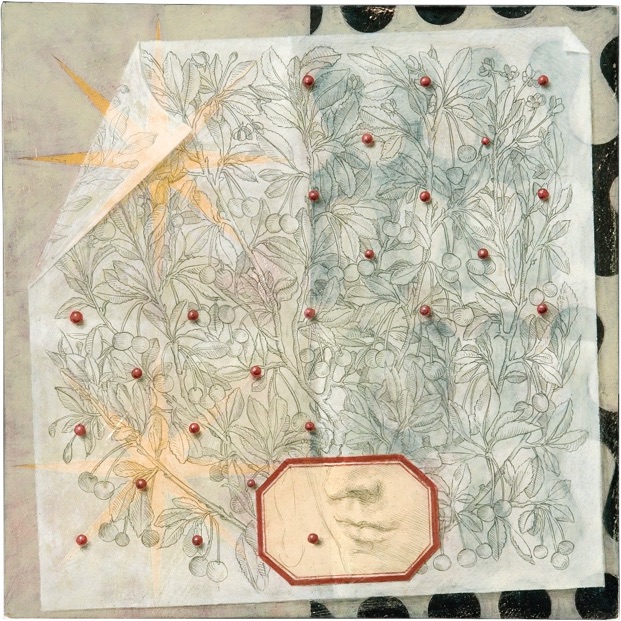
CHERRYLET
´
PEN TO PAPER
MUNDY WALSH
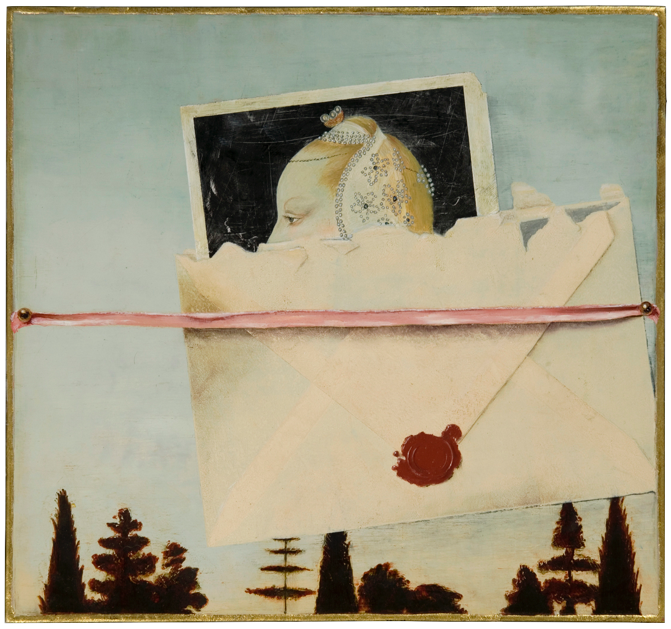
THE TOKEN
I used to have a pen-pal when I was in secondary school, some 20 years ago. She lived in Wales and we wrote without ever meeting.
There were pen-pal companies that set you up with a pen-pal overseas. And there were ways to write to people through magazines and schools. The written word—written word—was encouraged as a means to make friends. Of course, there wasn’t Internet then.
Penmanship was important, when writing a letter, you had to slow down to make your writing legible (or at least I did), which meant your thoughts were deliberated over, weighed, more concise, so as to avoid an ugly correction. With the touch of paper beneath your pen, thoughts became more personal; the scratch of a nib on paper made it seem that you were really writing to and for one person and one person alone—not the many potential eyes of the World Wide Web—and so, despite the deliberation, there was less self-censorship of ideas and thoughts.
Throw away comments, ill-thought-out diatribes, and messages written in anger, are all too easy in emails and in many of the newer forms of communication. And ironically, even though they are instantaneous, they lack immediacy. It feels as if there is so much cyberspace between you and the other person that the words become sterile and lose the sincerity of the emotions that they are trying to express—or worse, take on another meaning altogether, misunderstood, and often regretted.
Perhaps it is all this new technology, new ways of communicating, that makes me want to go back to a time when there were fewer modes and more actual communication.
A pen, a pad (what’s nicer than new stationery?), an envelope, and a stamp. Hand written words. The excitement of opening a thick envelope. I found some crisp blue writing paper in a drawer the other day and decided to take up the habit again. Write a letter to someone in Ireland and then wait, be patient (Posta Italiane certainly won’t help speed things up). Haven’t told my friend my plan yet, it will be a surprise. Will she be my pen-pal? I hope so.
?
What are those everyday moments imbued with the remarkable?
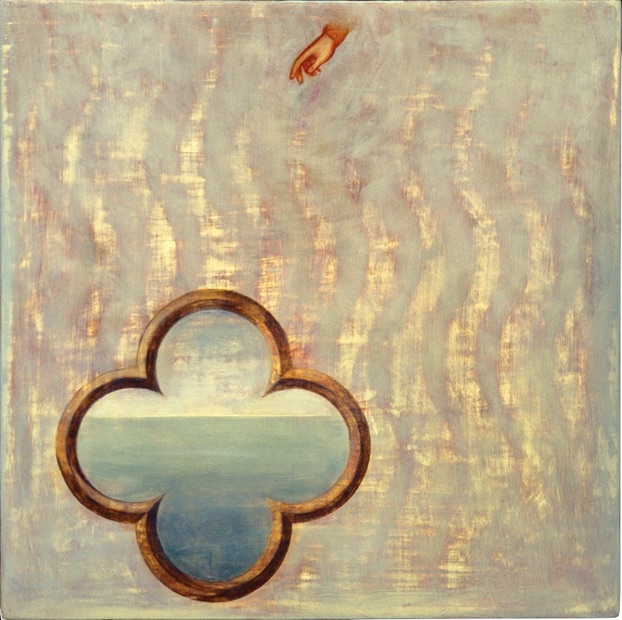
THE SEA AGAIN
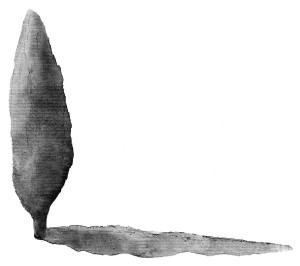
ISSUE 16 • Summer 2018 will be published in June.
Visit www.thesighpress.com for details.
© 2018 THE SIGH PRESS
None of the work published by The Sigh Press may be copied
for purposes other than reviews without the author and artist’s written permission.
